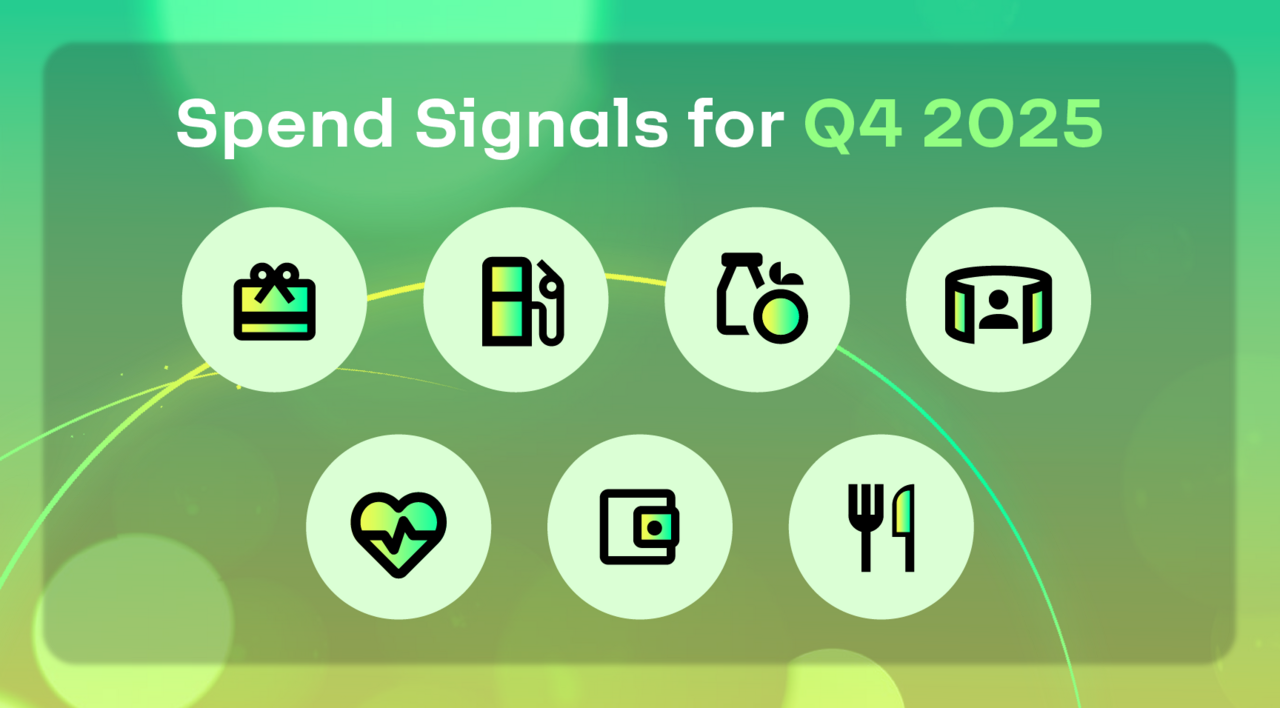Every day, organizations around the world continue to digitize and automate their processes, from project management to daily communication and more. One area that has undergone significant transformation is how a business handles payments.
With the growing trend towards digitization and globalization, businesses are now turning to e-wallets as a convenient and cost-effective solution for swiftly disbursing payments to employees, vendors, and partners worldwide. E-wallets allow businesses to streamline their payment processes and improve operational efficiency.
But what are these digital instruments, and are they a suitable solution for your business? In this blog, we’ll define e-wallets and outline the advantages of e-wallets for global payment disbursement.
What is an e-wallet?
An e-wallet, or a digital wallet, is a digital version of a physical wallet that allows individuals to store, manage, and transfer their digital assets, such as money, cryptocurrencies, loyalty points, and other forms of digital currency. E-wallets offer a faster alternative to ACH payments and are becoming increasingly popular among consumers who value convenience and speed.
Most e-wallets use API technology to facilitate transactions and provide users with a seamless payment experience. They can be used to make payments for online purchases, bill payments, money transfers, and other financial transactions, often with added convenience and security compared to traditional payment methods. Users typically fund their e-wallets through bank transfers, credit or debit cards, and then use their balance to make payments or transfer funds. With the help of APIs, e-wallets can securely and quickly access users' funds and initiate transactions in real-time, without the need for manual intervention.
E-wallets can be accessed through a computer or mobile device and often come with additional features like transaction history, budgeting tools, and rewards programs.
The three types of e-wallets available to businesses
When considering e-wallets for your organization, you will also need to consider the type of e-wallet you want to implement. There are three types of e-wallets for businesses — open, semi-closed, and closed. Where the three digital wallets differ is the transactions they can handle and the level of restrictions on their usage. Let’s explore the three different digital wallets:
Open e-wallets
An open e-wallet is a digital wallet allowing users to pay for any merchant who accepts payments. They can be used for various transactions, such as online shopping, bill payments, and person-to-person (P2P) transfers.
Open e-wallets are typically issued by banks or other financial institutions, and they require users to link a bank account or credit card to fund the wallet. They offer maximum flexibility for customers and merchants, allowing transactions with other e-wallet users or bank accounts.
Semi-closed e-wallets
A semi-closed e-wallet is a digital wallet that allows users to pay at a specific set of merchants with a tie-up with the wallet provider. They are typically issued by e-commerce platforms, online marketplaces, or mobile network operators.
Semi-closed e-wallets are often used by businesses that want to provide a closed-loop payment system to their customers. They can also offer loyalty programs and other incentives to customers who use the e-wallet for transactions.
Closed wallets
A closed e-wallet is a payment system limited to a single merchant or business. It can only be used for transactions with that particular merchant, and not for other purposes.
Closed e-wallets are often used by businesses that want to provide customers with a seamless and secure payment experience. They are also useful for businesses that operate in a closed environment, such as theme parks, hotels, and resorts.
The advantages of e-wallets for global payment disbursement
From lower transaction fees to advanced security features and fraud protection, e-wallets are a fantastic way to transform your business’s payment processes. We’ve outlined seven benefits of using e-wallets for global payment disbursement to give you a more detailed view of digital wallet.
Faster and more efficient global payments
If there’s one thing that all organizations strive to avoid during daily operations, it’s delays. From getting projects across the line to getting the green light for staff expansions, businesses do everything they can to complete tasks rapidly.
E-wallets enable instant transactions, meaning payments can be sent and received in real-time. This is particularly useful for businesses that need to make urgent payments, as it eliminates the delays associated with traditional payment methods like bank transfers.
Additionally, e-wallets can be accessed from anywhere in the world as long as the user has an internet connection, making them an ideal solution for businesses that need to make payments to suppliers or employees in different countries.
Reduced transaction fees and costs
One of the skills you will need to master when running a business is reducing costs wherever you can. By implementing digital wallets, organizations can keep a few extra dollars in their pockets, which can be put toward funding other areas of the business.
E-wallet providers often charge lower transaction fees than traditional payment methods like wire or international bank transfers. This can result in significant cost savings, particularly for businesses needing regular payments.
Digital wallets can also hold multiple currencies, so users can avoid currency conversion fees when making cross-border transactions. This is particularly useful for businesses that need to make payments in different currencies. And since e-wallets enable faster processing times than traditional payment methods, organizations can also avoid the time and costs associated with delayed payments.
Increased security and fraud prevention measures
No matter the industry you work in, maintaining the privacy of your organization, customers, and employees is crucial, especially in an era where hackers and fraudulent behavior run rampant. E-wallets offer several security features and mechanisms that can help prevent fraud.
E-wallets use tokenization to protect sensitive information, such as credit card numbers. When a user adds a payment card to their e-wallet, the card number is replaced with a unique token used for transactions. This token is useless to hackers, making it more difficult for them to steal sensitive information.
Many e-wallets also use two-factor authentication to verify user identity. This involves using a combination of something the user knows, such as a password or PIN, and something the user has, like a mobile device or fingerprint, to authenticate the user. This makes it more difficult for hackers to access a user's e-wallet.
E-wallets often provide advanced transaction tracking features that notify users when a transaction is made from their account. This allows users to quickly identify and report unauthorized transactions to prevent further dangerous activity.
Increased convenience and flexibility for recipients
The words ‘digital’ and ‘convenience’ often go hand in hand, especially when it comes to simplifying daily tasks. E-wallets offer increased convenience and flexibility for businesses in several ways. For instance, e-wallets can be accessed through mobile devices, making it easy for users to make transactions on the go.
Digital wallets allow faster transactions and support multiple payment options, such as credit and debit cards, bank transfers, and digital currencies, providing users greater flexibility. Many e-wallets even offer loyalty programs and rewards for using the wallet, providing an additional incentive for users.
Seamless integration with other payment systems
Every organization has its own way of doing things and may already have the necessary tools to do it. For this reason, it’s wise for business owners to ensure any additional tools feature seamless integration with their existing systems. Thanks to their adaptable functionality, e-wallets can be easily added to several existing payment systems. Here’s how:
- API integration — Many e-wallet providers offer application programming interfaces (APIs) that allow developers to easily integrate the e-wallet with other payment systems.
- Payment gateway integration — E-wallets can be integrated with payment gateways that support multiple payment methods, allowing users to choose the payment option that works best for them.
- Multi-currency support — As e-wallets support multiple currencies, it is easy to integrate with other payment systems that support different currencies.
- Point of sale (POS) integration — E-wallets can be integrated with POS systems to allow for seamless transactions in physical retail locations.
Real-time tracking and reporting capabilities
Tracking and reporting for payments is often recognized as a mundane but essential task for every business. With the assistance of e-wallets’ tracking and reporting functionality, organizations can automate transactions and other important payments that come through.
E-wallets provide businesses with real-time monitoring of transactions, allowing them to track incoming and outgoing payments and monitor account activity. They can also be integrated with accounting software, allowing for several accounting benefits, including automatic payment reconciliation.
Digital wallets also offer customizable reports that allow businesses to generate reports on their transaction history, account activity, and other financial data. These reports can be used for financial planning and other analysis.
Enhanced compliance with local regulations
E-wallet providers typically operate under strict regulatory practices and adhere to local laws and regulations governing financial services. This ensures that the e-wallet is compliant with local regulations, including laws related to data privacy, consumer protection, and financial transactions.
Organizations can also expect anti-money laundering (AML) and know-your-customer (KYC) compliance measures that help to prevent fraudulent activity and ensure compliance with local regulations.
Is an e-wallet the right choice for your global payment disbursements?
From low transaction costs to top-notch security measures and the ability to seamlessly comply with local regulations, e-wallets can be an excellent addition to your organization’s payment processes. However, whether an e-wallet is a right choice for global payment disbursements depends on your business's specific needs and requirements.
It’s important to consider factors such as currency support, geographic coverage, fees, and the standard of compliance before making your decision.
Take the next step in digital payouts with Runa
Searching for the perfect way to payout those who matter most while ensuring your organization soars to new heights? With Runa, companies can pay the people they serve in any form of digital value, anywhere, instantly.
Legacy payment mechanisms struggle to adapt to low-volume, high-velocity transactions both locally and globally, such as sending payouts to gig workers, creators, or sending rewards to customers or employees wherever they are.
Runa’s infrastructure and network facilitates payouts to these recipients, helping businesses expand their reach, retain their users while modernizing the way in which they manage and transfer money: instantly, internationally, and free of charge for the senders and the recipient.
Contact our team to discover more about Runa, or schedule a platform demo.



